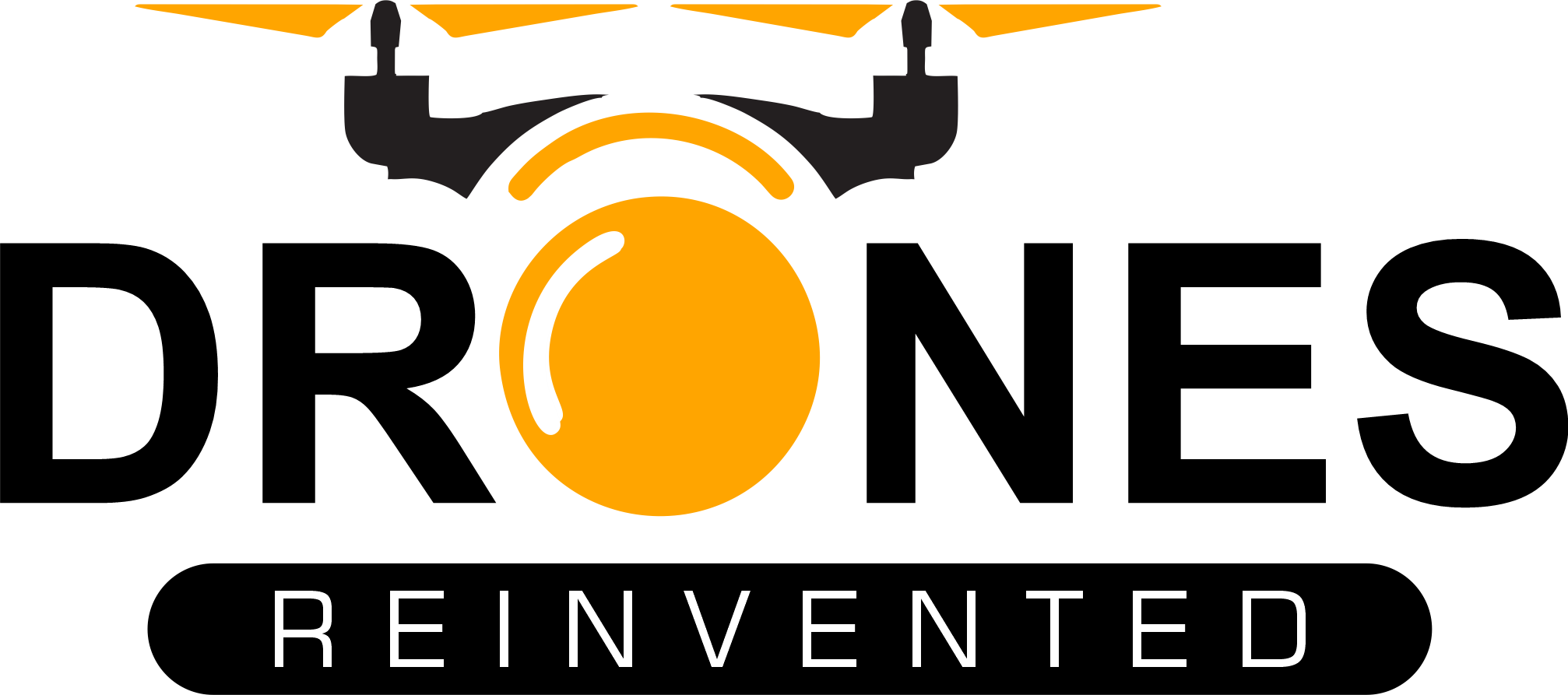Ongoing Efforts to Limit Use of Chinese Drone Technology in the U.S. Intensify
Chairman John Moolenaar (R-MI) and Ranking Member Raja Krishnamoorthi (D-IL) of the House Select Committee on the Strategic Competition Between the United States and the Chinese Communist Party have taken a new step in their ongoing efforts to address national security concerns related to Chinese drone technology. In letters to Anzu Robotics’ CEO, Randall Warnas, and U.S. Secretary of Commerce Gina Raimondo, the lawmakers demanded clarity on Anzu’s relationship with SZ DJI Technology Co., Ltd. (DJI), the Chinese drone company that holds approximately 80% of the global drone market share.
Concerns Over Anzu’s Relationship with DJI
In their correspondence to Anzu’s CEO, Moolenaar and Krishnamoorthi raised concerns about Anzu’s business practices, citing security researchers who discovered that Anzu’s Raptor T drone is essentially a rebranded DJI Mavic 3. The letter stated, “[S]ecurity researchers have confirmed that Anzu’s Raptor T is essentially a DJI Mavic 3 painted green, with its remote control and application all running on DJI technology.”
The lawmakers questioned whether Anzu is acting as a “passthrough company” for DJI, aimed at circumventing U.S. restrictions on DJI products.
The letter questions the unconventional nature of the DJI-Anzu relationship. Anzu says that DJI provides industry-leading drone technology through a license that allows Anzu to modify and manufacture the technology without sharing royalties or ownership, and with no requirement to report customer data. The lawmakers remarked, “Given these facts, it is hard to understand the business rationale for DJI to enter into this relationship aside from using it as a passthrough to circumvent legal restrictions (current and prospective) placed on its products.”
Questions for Anzu Robotics
Moolenaar and Krishnamoorthi requested answers from Warnas on several points, including the date Anzu first disclosed that its drones were rebranded DJI products, the nature of the contractual arrangements with DJI, and details of any factories involved in the production of Anzu’s drone parts. They asked why Anzu did not disclose its relationship with DJI until after public reports confirmed that Anzu was effectively selling rebranded DJI products.
In line with lawmakers ongoing stated concerns about Chinese manufactured drone technology, the letter also questioned the security of Anzu products, particularly regarding the involvement of DJI in providing technical support. Lawmakers questioned the steps Anzu has taken to ensure that DJI does not extract data from U.S. customers when providing this support.
In response to DRONELIFE’s request for comment, Anzu CEO Randall Warnas says that the company will work with lawmakers to resolve their questions. “We believe there are fundamental misunderstandings about how Anzu Robotics operates and complies with the law,” said Warnas. “We look forward to working collaboratively with the Committee to address their concerns.”
Broader Context and Next Steps
This inquiry comes amidst broader efforts by Congress and federal regulators to counter the national security threat posed by Chinese drone companies. DJI has been a focal point of these efforts.
Earlier this year, the House passed the Countering CCP Drones Act, which would prohibit DJI technology from accessing U.S. communication networks if signed into law. Additionally, DJI has been placed on various U.S. government restricted lists, including the Pentagon’s blacklist as a ‘Chinese military company’ and the Commerce Department’s Entity List.
Lawmakers are now questioning whether Anzu Robotics and another drone maker, Cogito Tech Company Ltd., are serving as cut-outs for DJI. They have requested that the Department of Commerce consider steps to address these concerns and take appropriate action against these companies if necessary.

0 Comments